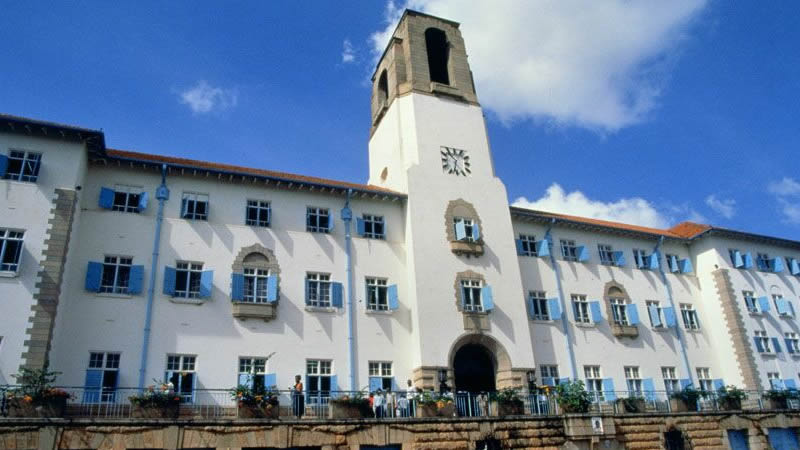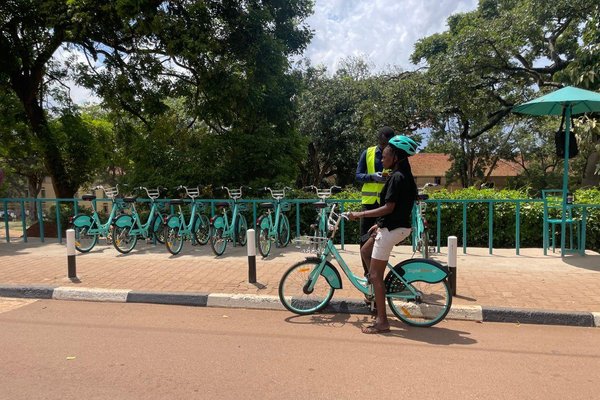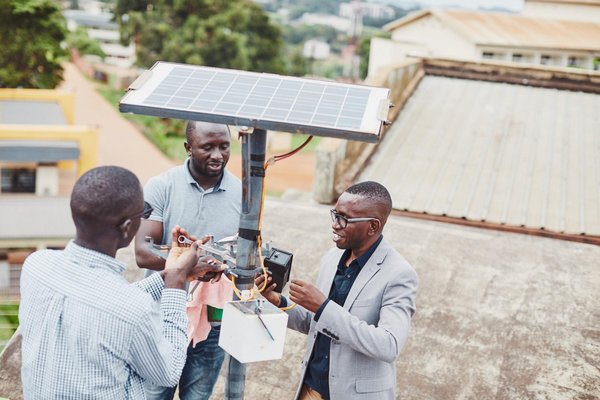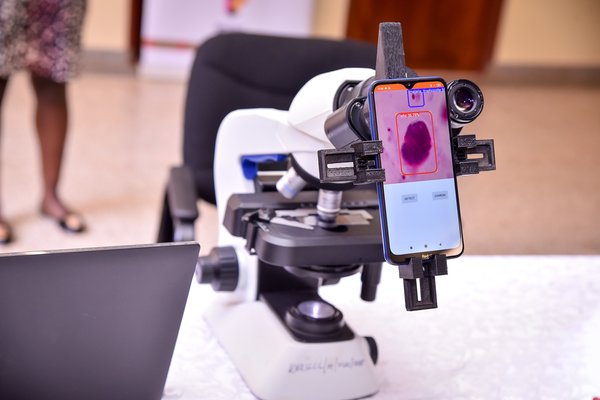By Aaron Oguttu.
In a remarkable display of ingenuity and environmental consciousness, students from Makerere University have unveiled a groundbreaking invention that could potentially reshape the way we cook and consume energy. Introducing the solar-powered cooker, a marvel of technological innovation that harnesses the power of the sun to prepare meals, revolutionising sustainability in the process.
This remarkable creation, aptly named “Maksol Cooker” not only addresses the pressing need for renewable energy sources but also promises to mitigate the environmental impact of traditional cooking methods. With its potential to transform communities and combat climate change, the solar-powered cooker is poised to ignite a culinary revolution that prioritises a greener, cleaner future.
The launch of the Maksol cooker developed by students from the College of Agricultural and Environmental Sciences at Makerere University took place on the 14th of June, 2023 at the Conference Hall of the School of Food Technology, Nutrition and Bioengineering.

The Maksol Cooker
The innovation received funding from the Government of Uganda through the Research and Innovations Fund (RIF) at Makerere and the Science, Technology, and Innovation Secretariat Office of the President. (STI-OP).
The main theme of this innovation (Maksol) was ‘’Development, production, scale-up, and commercialization of an electric solar cooker to reduce the cooking carbon footprint in households’’
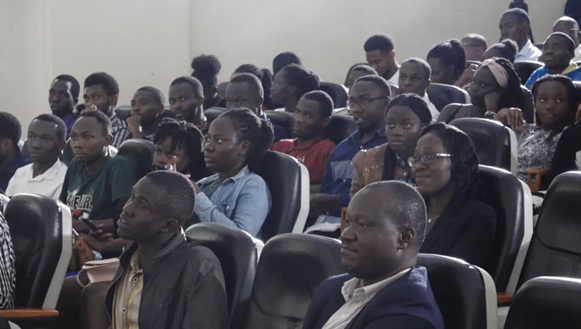
An attentive audience at the launch.
More to this theme is the reduction in recurring costs involved in buying charcoal, gas refilling, electricity charges, and respiratory issues catered for holistically. In addition to this, the ratio of using fuel and charcoal to emissions is 88% while the solar cooker only emits 8%. This inclusively engulfs the theme.
According to the guidance manual of the Maksol Cooker, up to 4 million global deaths result from Household air pollution (WHO report-2022). Furthermore, an average cook stove is reported to emit around 30 tons of Carbon dioxide a year into the atmosphere.
The launch was graced by the attendance of the Vice Chancellor Prof. Barnabas Nawangwe who hailed the college for being innovative and commended them for representing what Makerere should be, a research-based university.
“Makerere University College of Agricultural and Environmental Sciences is the most innovative and second most research-intensive college in the University’’ he added.
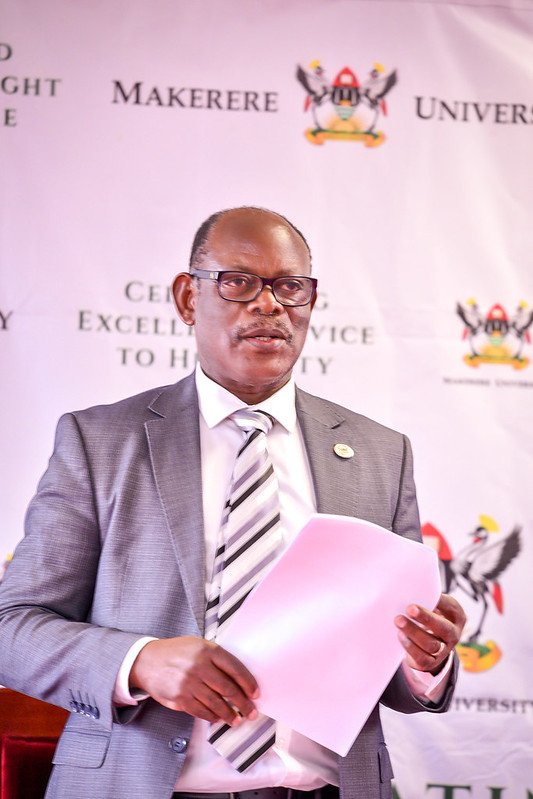
The Vice-Chancellor of Makerere University, Prof. Barnabas Nawangwe
“This is a wonderful innovation, it contributes to taming environmental destruction. This launch gives me pride as a Vice Chancellor. I am happy that you are involving the young students because they can do a lot for this country given that they are just beginning their careers’’.
Prof. Nawangwe said that the future of Uganda lies in innovations like this and thanked the College for making Makerere proud.
The Commissioner for Energy at the Science, Technology and Innovation Secretariat in the Office of the President, Dr Musinguzi Duncan Noel applauded Makerere for always being at the top in research and innovation, and pledged to solicit for funding to scale up innovations at the university.
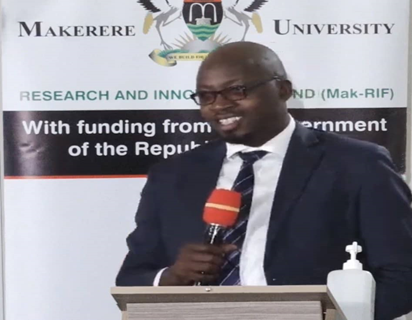
Dr Musinguzi Duncan Noel, Commissioner for Energy at the Science, Technology and Innovation Secretariat, Office of the President (STI-OP)
In the closing remarks of the event, Dr. Cosmas Mwirikirize the principal investigator at MAK CAES applauded Dr. Peter Tumutegyereize the Principal of Makerere University College of Agriculture and Environmental Sciences (MAK CAES) for working with staff and students to develop the Maksol cooker, an innovation that will promote zero emission cooking.
Related News
![]() Please join hands with the Makerere University Endowment Fund as it works towards attracting & retaining the best faculty, providing scholarships, and investing in cutting-edge research and technology.
Please join hands with the Makerere University Endowment Fund as it works towards attracting & retaining the best faculty, providing scholarships, and investing in cutting-edge research and technology.
